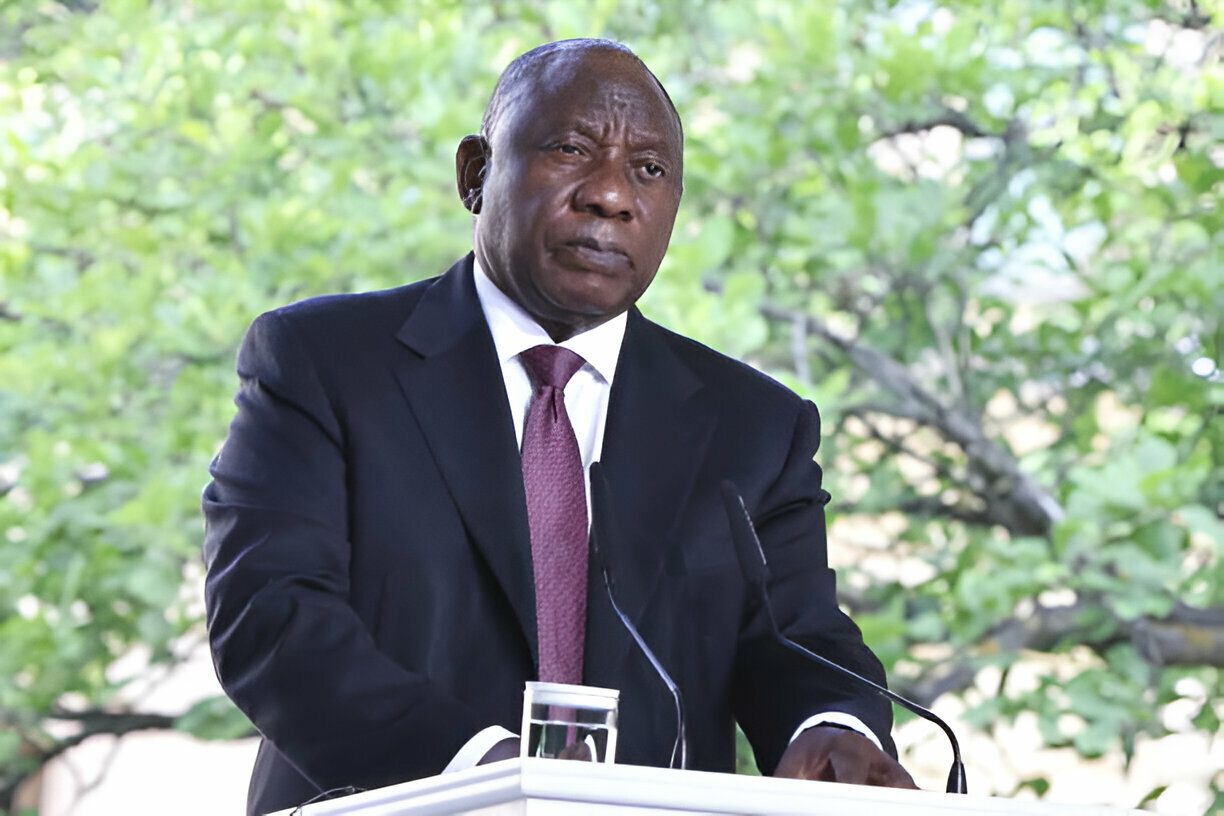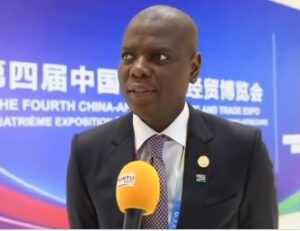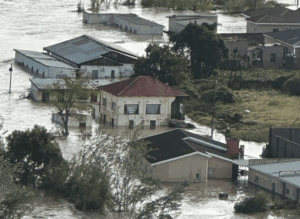President Cyril Ramaphosa has officially signed the National Health Insurance (NHI) Bill into law, marking a significant step towards providing equal healthcare services to all South Africans.
The signing ceremony was held on Wednesday afternoon in the west wing courtyard of the Union Buildings in Pretoria.
Years of Debate and Public Hearings
This legislative milestone comes after five years of intense debates and public consultations. The bill, initially tabled in 2019, has been a subject of widespread discussion and scrutiny.
The newly enacted health insurance system promises to benefit millions of people, including the elderly, disadvantaged individuals, and veterans.
A Historic Moment for South Africa
In his address to the media, President Ramaphosa emphasized the importance of this development, calling it a pivotal moment in the nation’s history.
“In signing this Bill, we are signalling our determination to advance the constitutional right to access healthcare as articulated in Section 27 of the Constitution.
He highlighted that the bill aims to dismantle the existing inequitable health system, which has long disadvantaged those without financial means.
“The motion of the Bill sets the foundation for ending a parallel inequitable health system where those without means are relegated to poor healthcare,” he said.
Eradicating Healthcare Inequality
President Ramaphosa reiterated the government’s commitment to eradicating inequality within the healthcare system, stressing that no citizen should suffer while seeking medical care.
The bill is designed to achieve universal health coverage, which is essential for addressing the socio-economic imbalances and inequalities of the past.
Improving Healthcare Standards
Ramaphosa also sought to reassure the public, urging them not to fear the NHI. He explained that the government plans to enhance the effectiveness of healthcare provision through the health insurance system, ensuring that all health facilities meet minimum quality health standards.
This new legislation represents a significant shift towards a more equitable healthcare system in South Africa, aiming to provide better health outcomes for all its citizens.
What the National Health Insurance Bill Means for the Poor?
The signing of the National Health Insurance (NHI) Bill into law by President Cyril Ramaphosa has significant implications for the poor in South Africa. Here’s a closer look at how this landmark legislation will impact the country’s most disadvantaged citizens.
Access to Quality Healthcare
One of the primary objectives of the NHI Bill is to ensure that all South Africans, regardless of their financial status, have access to quality healthcare services. For the poor, this means:
Reduced Financial Barriers: With the NHI, healthcare costs are expected to be more manageable for those who previously couldn’t afford medical services. This includes consultations, treatments, and medications that were once out of reach.
Improved Healthcare Facilities: The bill mandates that all health facilities must meet minimum quality standards. This will lead to better healthcare environments, even in under-resourced areas.
Equality in Healthcare Services
The NHI aims to eliminate the disparity between private and public healthcare systems, which has traditionally placed the poor at a disadvantage. Key benefits include:
Equal Treatment: Under the NHI, healthcare services will be standardized, meaning that the quality of care will be the same for everyone, regardless of their economic status.
Comprehensive Coverage: The NHI will cover a wide range of medical services, from primary care to specialized treatments, ensuring that the poor receive comprehensive healthcare without the burden of additional costs.
Socio-Economic Impact
Beyond healthcare, the NHI Bill is expected to address broader socio-economic issues:
Reducing Poverty: By alleviating the financial strain of healthcare costs, the NHI can help lift families out of poverty. Healthier individuals are more likely to be productive and contribute to the economy.
Supporting Vulnerable Groups: The bill specifically mentions benefits for the elderly, disadvantaged individuals, and veterans, ensuring that those who are often most in need receive the support they deserve.
Government Assurance
President Ramaphosa has emphasized that the NHI is designed to improve the effectiveness of healthcare provision. He reassured the public that:
“Through health insurance, the government has plans to improve the effectiveness of healthcare provision by requiring all health facilities to achieve minimum quality health standards.”

















